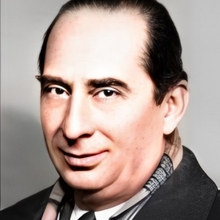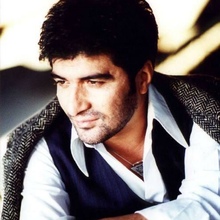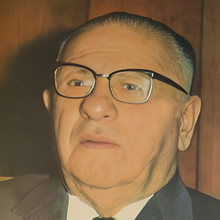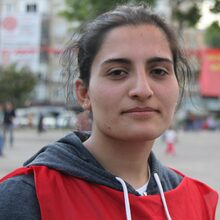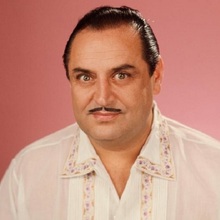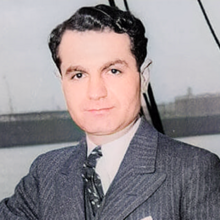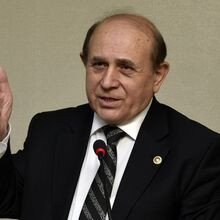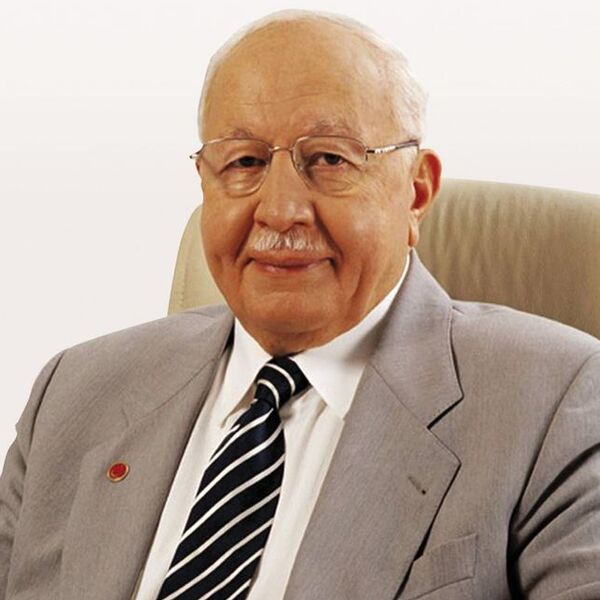
Personal
Other names:
Job / Known for:
Prime minister of Turkey
Left traces:
Millî Görüş ideology and movement
Born
Date:
1926-10-29
Location:
TR
Sinop, Turkey
Died
Date:
2011-02-27 (aged 85)
Resting place:
TR
Merkezefendi Cemetery, Zeytinburnu, Istanbul
Death Cause:
Heart failure
Family
Spouse:
Nermin Erbakan (m. 1967–2005, her death)
Children:
Zeynep, Elif, Fatih
Parent(s):
Kamil Bey and Zekiye Hanım
QR Code:
Show More
Rank
Users ranking to :
Thanks, you rate star
Ranking
5.0
1
About me / Bio:
Show More
Article for Necmettin Erbakan
Died profile like Necmettin Erbakan
Comments:



